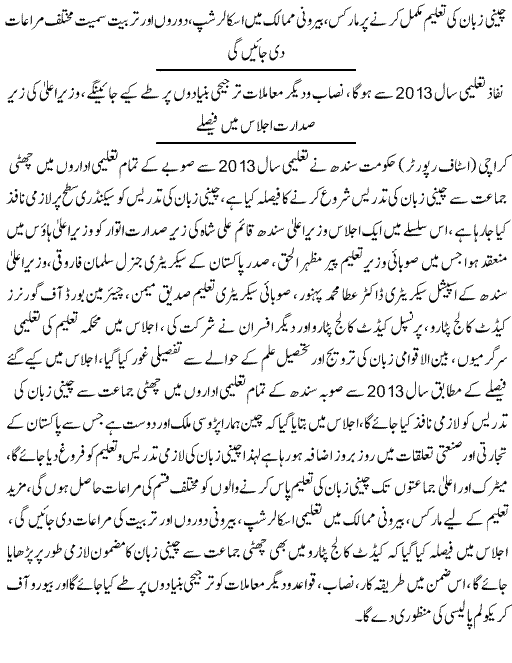LAHORE – A two-member bench of the Lahore High Court on Thursday dismissed the petition of Dr. Majid Naeem , former IT consultant of all education boards in Punjab, who has challenged his arrest by the National Accountability Bureau.
Dr. Naeem through his counsel pleaded that the bureau’s investigating officer arrested him without obtaining permission from the competent authority, the chairman of the NAB. The counsel also said that the case against his client was fabricated and based on malafide.
He prayed to the court to declare arrest of Dr. Naeem and subsequent physical remand awarded by an accountability court to NAB as illegal and without any lawful authority. The NAB arrested Dr. Naeem following a reference filed against him on charges of misappropriating Rs27,97,850 in Punjab University’s funds and misuse of authority during his stint as Punjab University College of Information Technology Principal. The court had already dismissed his acquittal application in the case. Accused Naeem soon after his remand had filed anapplication with NAB for plea-bargain (willingness to return embezzled money).
After arguments, the bench comprising Justice Nasir Saeed Sheikh and Justice Rauf Ahmad Sheikh reserved the judgment and later announce the verdict.
Meanwhile, Judicial Commission Chairman Justice Shahid Saeed on Wednesday praised the role of electronic and print media in highlighting the blunders in online intermediate results.
Justice saeed said that media tried its best to show real image of the issue and to awake the government. The chairman also admonished the former ITconsultant of all education boards in Punjab Dr Majid Naeem when he criticized media’s role.
Dr Naeem recorded his statements before the commission and said that every year education boards face errors in results but this year the media highlighted the matter above its limits. The chairman snubbed Dr Naeem and remarked, “You mean that media should have dumb even when students including females were on roads and boards’ properties were set on fire.” Dr Naeem, presently in the NAB’s custody, informed the commission that board’s employees andadministration was behind the protests. He recorded monopoly of handful mafia sabotaged the online computerization system. He said he had also sought three days from the boards’ chairmen to remove the errors in the result but no one paid attention on his offer.
At this, the chairmen stated that statements of all chairmen of education boards recommended that Dr Naeem was given unlimited powers so that no one could dare to point out mistakes in the system. The commission asked him that his appearance was not necessary on every hearing.
Lahore BISE’s IT incharge Mian Tariq Mehmood and controller examinations Anwar Ahmad, Punjab information technology board chairman Umar Saif Khurram and director general Naeem Waqar Qureshi also appeared before the commission and recorded their statements. Lahore board’s store superintendent Muhammad Tariq submitted the record of computer accessories bought for the online system. The commission also allowed Judicial Activism Panel chairman Muhammad Azhar Siddique to present documentary evidences on Friday (today).
(nation)





